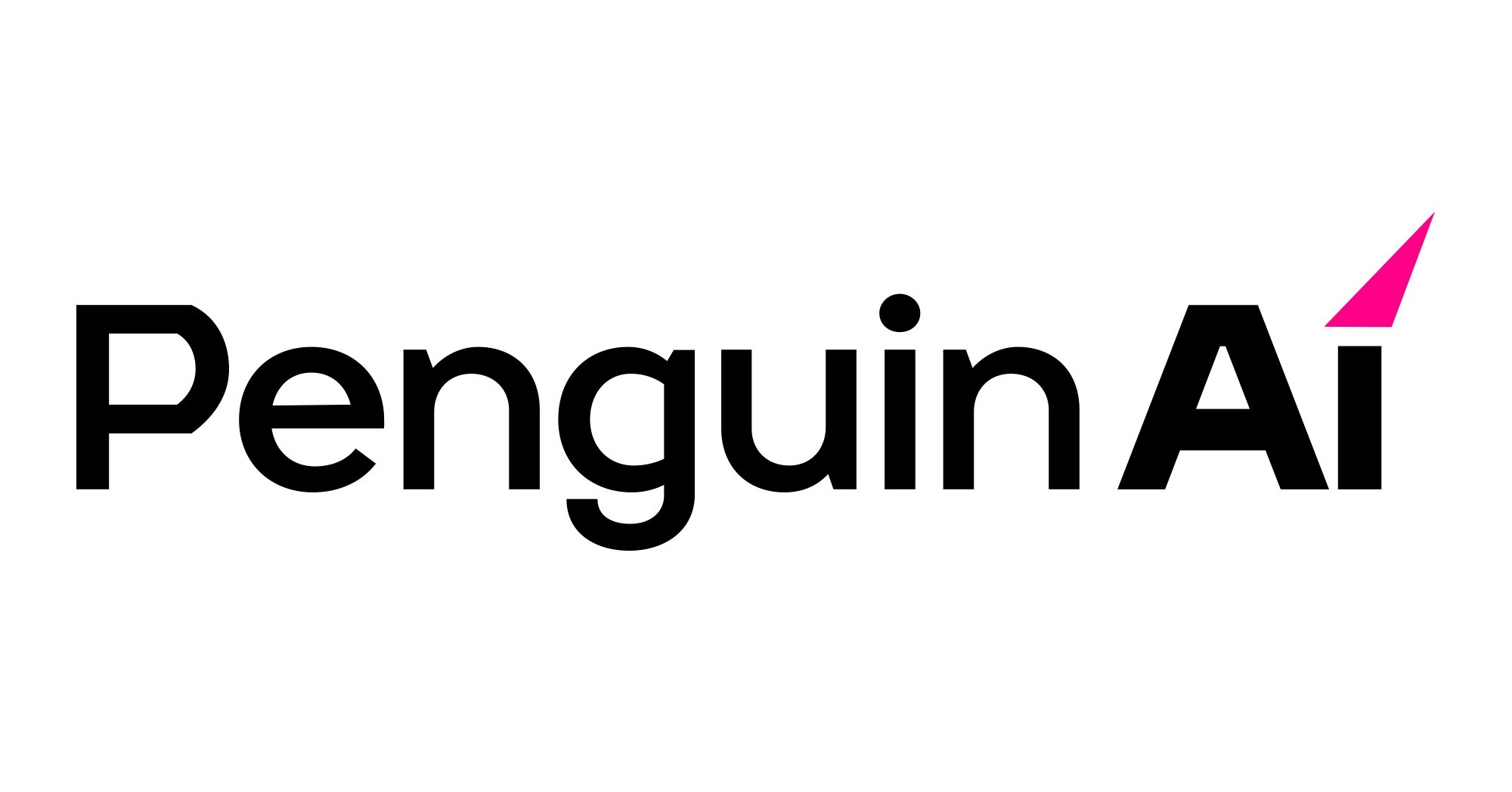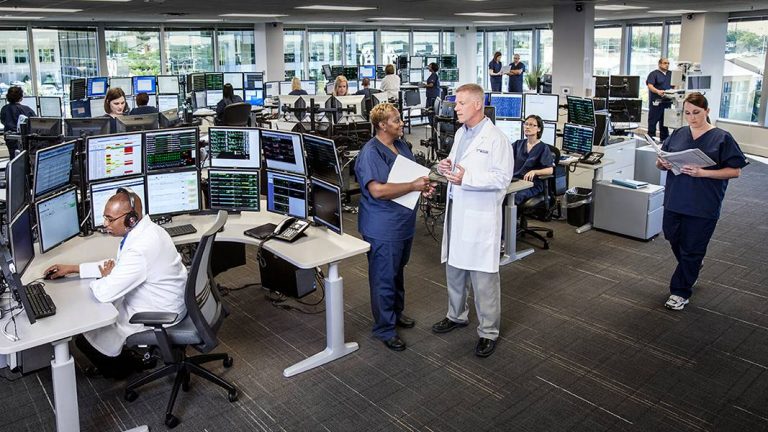Penguin Ai Partners with UPMC Enterprises to Advance Healthcare AI Innovation

Pittsburgh, PA — Penguin Ai, a healthcare artificial intelligence company, has announced a strategic data partnership with UPMC Enterprises, the innovation and commercialization arm of healthcare provider and insurer UPMC. The collaboration is designed to accelerate the development and validation of AI models tailored to healthcare operations and patient care.
Partnership Focus
Through the partnership, Penguin Ai will gain access to Ahavi™, UPMC Enterprises’ secure, de-identified data platform that provides customized testing environments for AI model development. Within this platform, Penguin Ai will build and evaluate at least three healthcare solutions aimed at improving the doctor-patient relationship and facilitating timely access to care.
“This partnership represents a significant step forward in our mission to revolutionize healthcare through AI,” said Fawad Butt, CEO of Penguin Ai, and former chief data officer at Kaiser Permanente and United Healthcare/Optum. “With UPMC Enterprises’ support as both an investor in our company and as an early partner on their Ahavi data platform, we are well-positioned to build cutting-edge AI solutions that will benefit the entire healthcare ecosystem.”
The Role of Ahavi
Ahavi is powered by primary source-verified, de-identified real-world data. The platform enables researchers and developers to test AI tools in secure environments without accessing live clinical systems.
“Think of Ahavi as a sandbox where researchers, innovators, and AI developers can road-test their solutions in a real-world setting that sits apart from actual clinical data infrastructure,” said Deepan Kamaraj, M.D., Ph.D., director of informatics and analytics at UPMC Enterprises. “This allows for rigorous evaluation and validation in a fraction of the time of a traditional pilot study, enabling these products to reach patients faster.”
Developing Domain-Specific AI Models
Through this collaboration, Penguin Ai will refine its Small Language Models (SLMs) — domain-specific AI models designed for healthcare applications — with the goal of commercializing them for use by hospitals, payers, and other health organizations. UPMC selected Penguin Ai as a strategic partner based on the company’s enterprise-grade platform and focus on healthcare-specific innovation.
Penguin Ai is currently developing two key solutions within the Ahavi environment:
- Patient 360: A tool that summarizes structured and unstructured patient medical records into concise, relevant snapshots for clinicians to review before patient visits. The goal is to strengthen patient-physician communication and improve the quality of each encounter.
- Enhanced Prior Authorization: A solution that uses AI models to streamline the prior authorization process for clinicians and insurers. Using a “human-in-the-loop” approach, the system provides evidence-based recommendations while maintaining oversight by skilled decision-makers. The model aims to predict approval likelihood and guide physicians in attaching appropriate documentation in real time.
Building a Long-Term Collaboration
The partnership marks the start of a long-term effort between Penguin Ai and UPMC Enterprises to co-develop AI-driven tools that address healthcare’s operational and clinical challenges. Both organizations aim to create scalable models that can be adopted across the industry to improve efficiency and outcomes.
“We believe that the relationship with UPMC Enterprises provides a competitive moat for Penguin Ai by virtue of working with one of the largest academic medical centers and insurers in the country,” said Robby Peters, co-founder and managing partner at SemperVirens Venture Capital, an investor in Penguin Ai’s recent Series A round. “Through Ahavi, Penguin Ai has the unique, holistic, real-world view necessary to create AI models that will transform healthcare workflows and improve outcomes for patients.”






